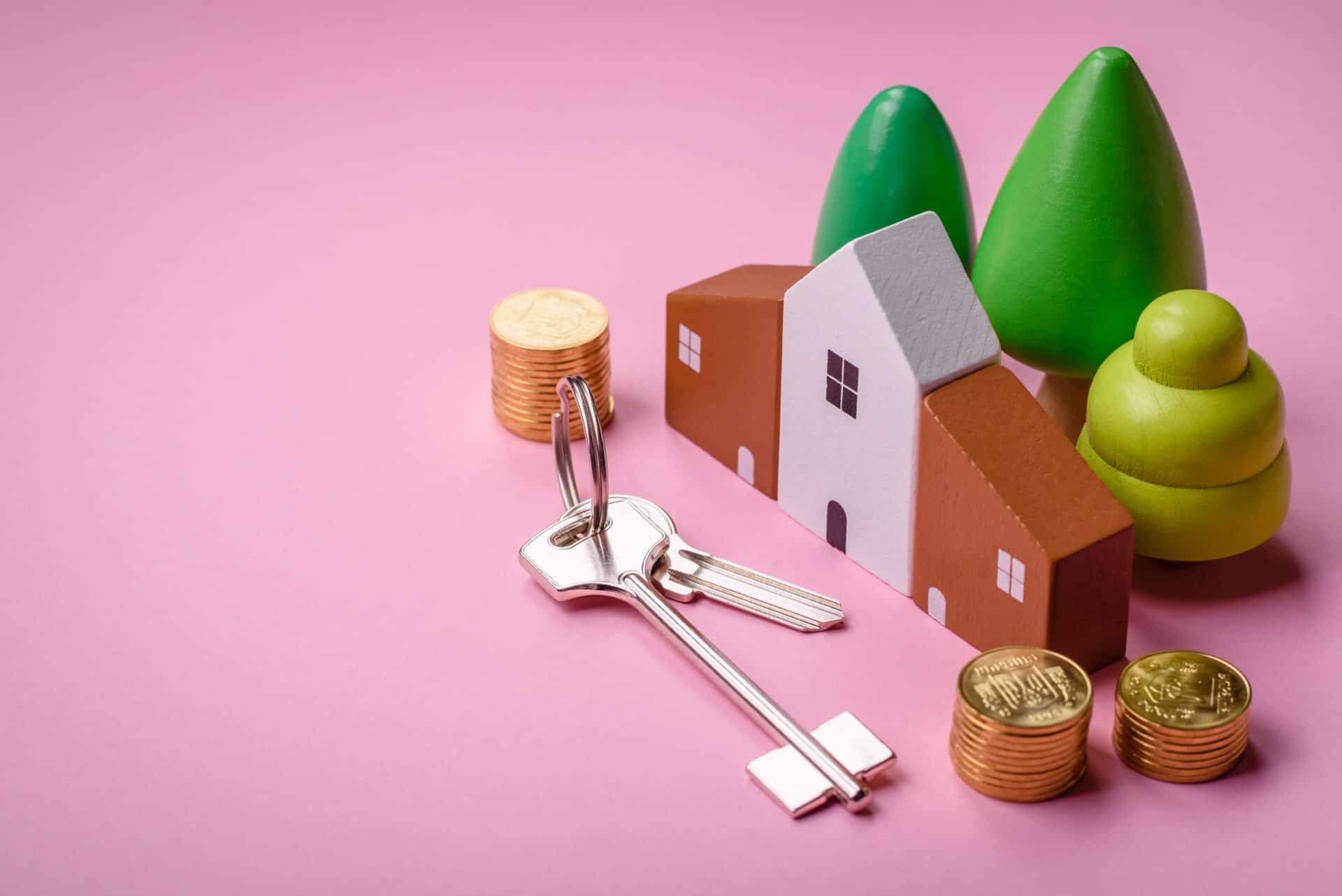
Capital Gains Valuation
Market Assessment Valuation
Stamp Duty Valuation
Pre-Purchase & Pre-Sale Property Valuation
Retrospective Valuations
Members of the Australian Property Institute and Certified Practising Valuers
The Duo Tax property valuer team are certified practising valuers and members of the API.
Australian Property Institute
Members
Certified Practising Valuers
Certified
How can we help?
Get in touch with one of our friendly certified property valuers to discuss our valution advisory services and organise your next property valuation.
Office Address
Office Hours
Weekdays: 8:30am – 5:30pm
Saturday: 9am – 1pm
Sunday: Closed
